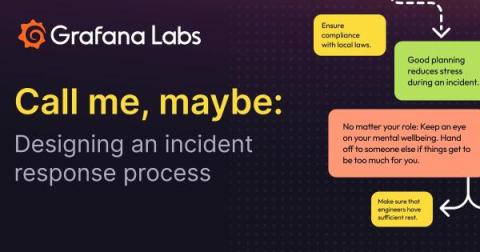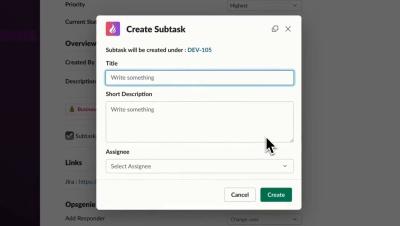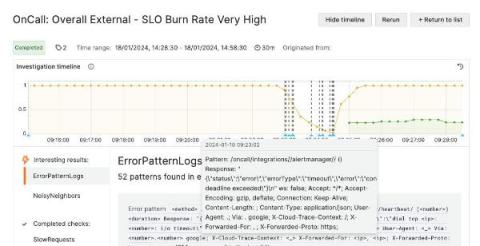The role of psychological safety in incident response
Incidents impacting your customer and user-facing services can be stressful, both for the responders on your team who are working on a resolution, and for the other stakeholders in your business. For teams to solve incidents quickly and effectively, responders need to be able to trust each other and stakeholders have to trust the responders. This level of trust is hard to cultivate if your organization doesn’t have a significant amount of psychological safety.











